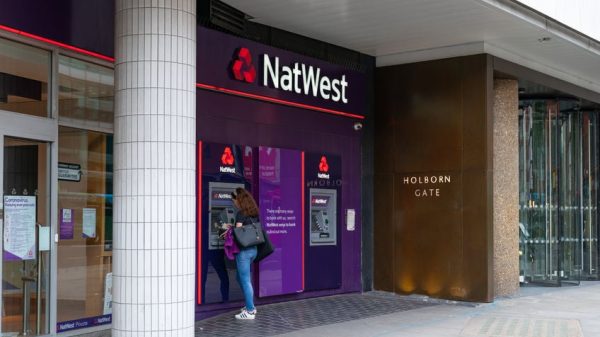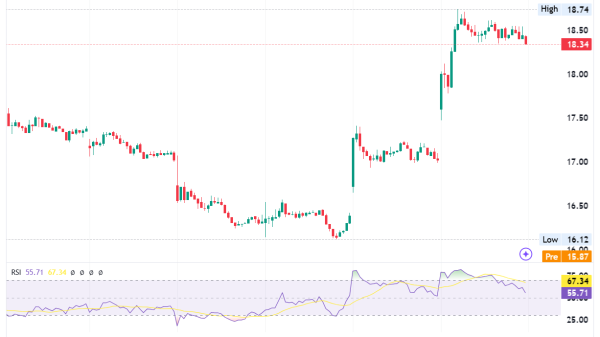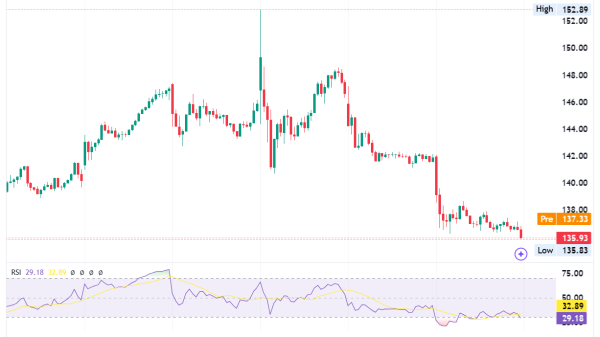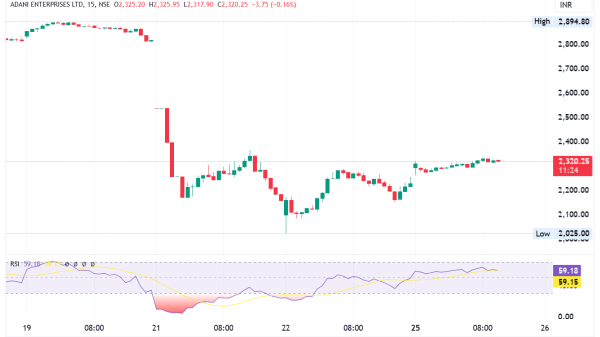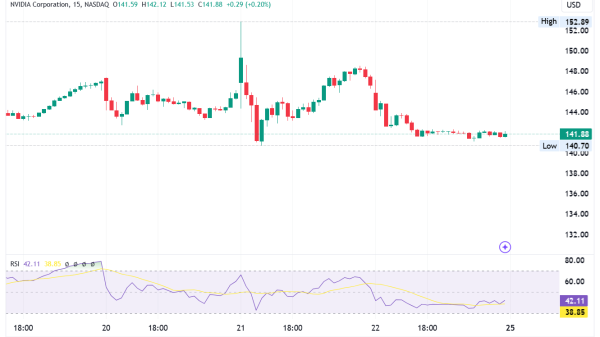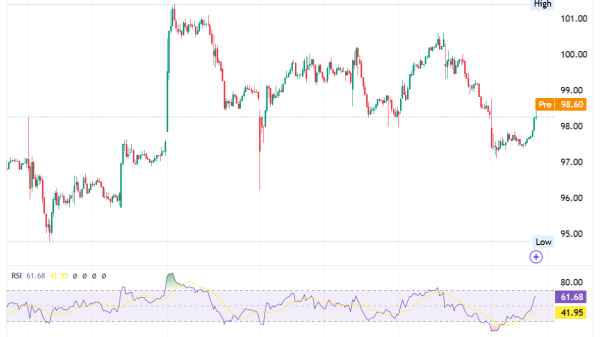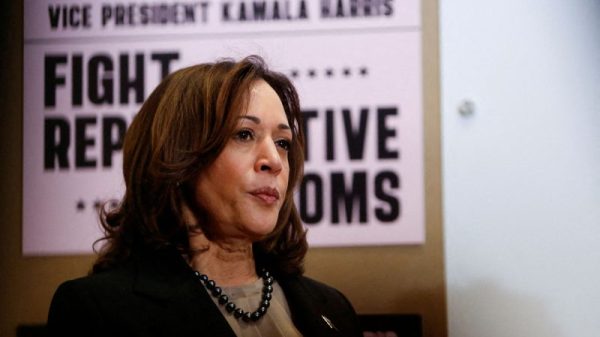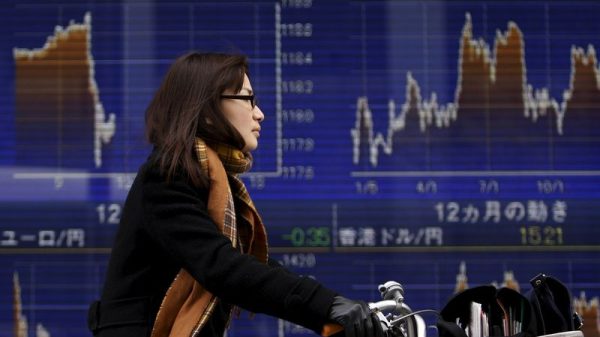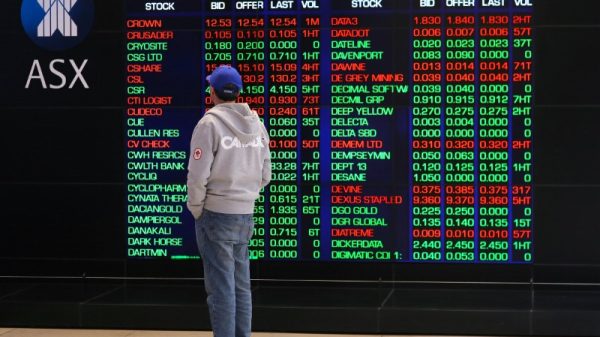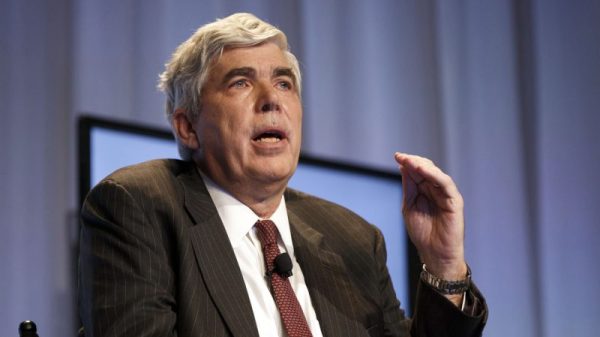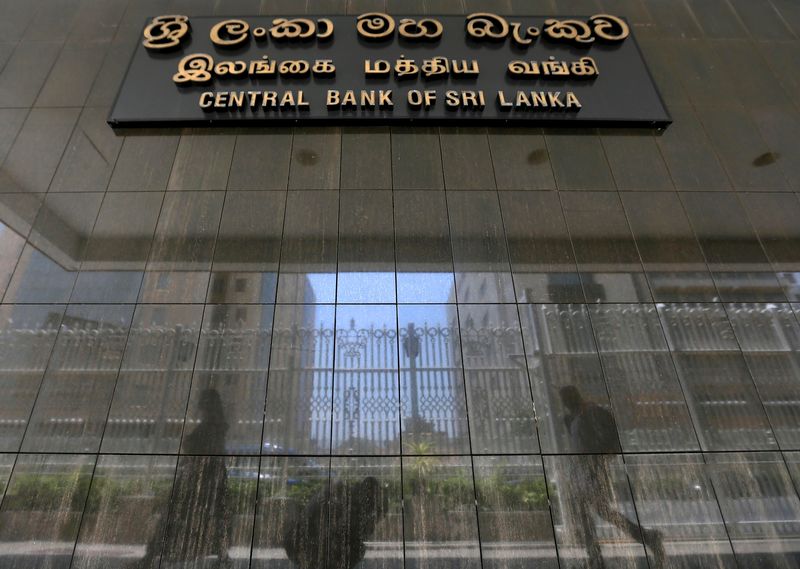
By Uditha Jayasinghe
COLOMBO (Reuters) -Sri Lanka’s central bank set a new single policy rate of 8% on Wednesday, easing monetary settings below previously used benchmarks, in an effort to shore up the island nation’s fragile recovery from a deep financial crisis.
The Central Bank of Sri Lanka (CBSL) said late on Tuesday that it will implement a single policy interest rate mechanism by introducing an overnight policy rate instead of the existing rate corridor.
“With this change, the effective reduction in the policy interest rate would be around 50 basis points from the current level of the Average Weighted Call Money Rate, which continues to serve as the operating target of the Flexible Inflation Targeting framework,” the bank said.
Previously, the CBSL set two key rates, the Standing Deposit Facility Rate (SDFR) and the Standing Lending Facility Rate (SLFR), which economists had expected would be reduced by 25 basis points each to 8% and 9%, respectively.
The SDFR and SLFR will no longer be considered policy interest rates, the bank said.
“There is no direct signalling of an end to the easing cycle,” said Thilina Panduwawala, head of research at Frontier Research.
“But they do say that without further policy easing they did not see further space for market rates to reduce. That might imply CBSL assumes rates can bottom out after this rate cut and that can make sense given their inflation forecast expects inflation to rise going into mid-2025.”
The South Asian economy has gradually emerged from a debt crisis after the country secured a $2.9 billion assistance package from the International Monetary Fund (IMF) in March 2023.
Sri Lanka launched a long-awaited bond swap on Tuesday, a major step to completing its $12.55 billion debt restructuring and enabling its fragile economic recovery to continue.
Bondholders have until Dec. 12 to vote in support of the proposal, which would see them swap existing bonds for a set of new issues.
Completion of the nearly 30-month debt restructuring process and a budget aligned with the IMF programme could bring down interest rates of government securities and boost credit growth, analysts said.
After a gap of two years, Sri Lanka’s economy is expected to grow by 4.4% in 2024, according to the World Bank.



